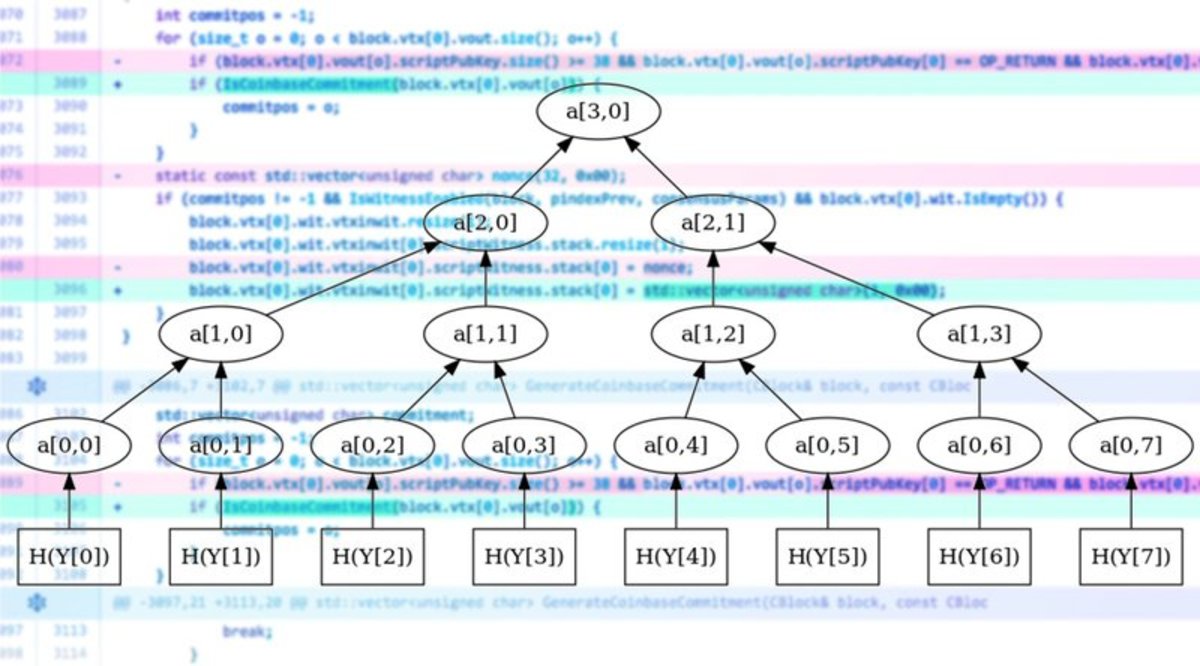
Although Segregated Witness (SegWit) has near-universal support from the Bitcoin development community, there are some who say the changes required by individual wallet providers may be a bit too much to handle.
But on a recent episode of Epicenter Bitcoin, Bitcoin Core Contributor and Ciphrex CEO Eric Lombrozo indicated that the complexities involved with these required changes have been overblown. While making his case for Segregated Witness, Lombrozo noted the Bitcoin wallet developers he’s worked with have been able to implement this change in a matter of days.
Not a Big Change
Lombrozo was asked how difficult it will be for wallet developers to implement Segregated Witness. The Ciphrex CEO talked about his own experience assisting wallet developers with the SegWit integration:
“It’s actually not that big of a change. The wallet developers we’ve worked with -- we’re able to implement it within a couple of days, you know, less than a week. It is something that is not very, very difficult at all.”
Lombrozo noted that there are some changes that will have to be made in wallets that wish to reap the benefits of SegWit, but these changes are minor. He explained:
“It does require some changes. It’s something that some people in the space have kind of -- were hoping that they wouldn’t have to change anything -- but I think as far as changes go, this is a very, very minor change.”
Lombrozo’s comments on the difficulties of getting Segregated Witness to work with a particular wallet echo statements made by Blocktrail CTO and BitcoinJS co-maintainer Ruben de Vries in a recent interview with Bitcoin Magazine.
The Benefits of SegWit for Multisig Transactions
In addition to the relative simplicity of integrating SegWit into a wallet, Lombrozo also commented on the benefits of this new feature for multisig transactions. He explained:
“Multisig transactions with SegWit are much cleaner in a lot of ways. It allows us to stick the signatures into the structure in a way which is much, much cleaner than the way we’re doing it right now. Also, with multisig transactions, the throughput increase is greater than with non-multisig transactions.”
The second part of Lombrozo’s statement has to do with Segregated Witness’s ability to allow more transactions to be stuffed into blocks. Because multisig transactions involve more signatures, the space saved via SegWit is amplified.
Wallet Developers Have Incentives to Implement SegWit
Eric Lombrozo also pointed out in the Epicenter Bitcoin interview that Bitcoin wallet developers have economic incentives to upgrade to Segregated Witness. In short, users will demand the enhanced functionality offered by this alteration to how Bitcoin works. Lombrozo explained:
“You want to upgrade to SegWit for all of the features that it offers. I think there’s a lot of economic incentives built into this already. People are going to want to do it because it’s makes it possible for them to give better products to their users.”
Epicenter Bitcoin co-host Sébastien Couture pointed out that the ability to fit more transactions into each block should also enable lower fees for wallet users. Lombrozo agreed with this assessment and added:
“In principle, the transaction throughput itself in the block is going to be smaller -- miners can fit more of these transactions in a block. So yes, this means that fees, in principle, could be lower.”
Having said that, Lombrozo somewhat backed off the notion of lower fees as a key feature of Segregated Witness over the short term because prioritization of transactions based on fees is not a major aspect of the Bitcoin network at this time.
Kyle Torpey is a freelance journalist who has been following Bitcoin since 2011. His work has been featured on VICE Motherboard, Business Insider, RT’s Keiser Report and many other media outlets. You can follow @kyletorpey on Twitter.










